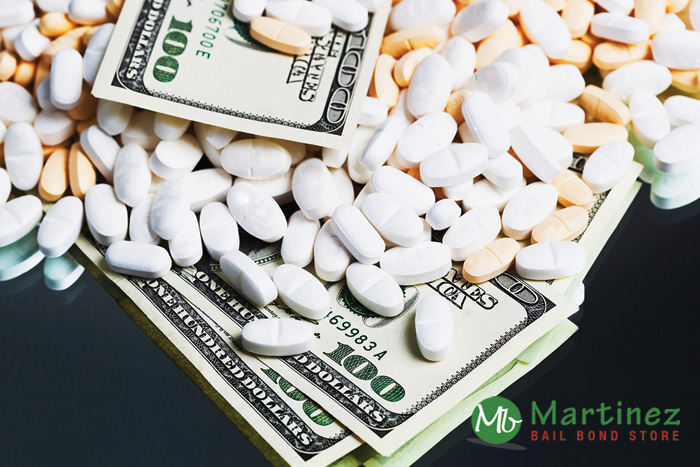Prescription drug fraud doesn’t get nearly as much publicity as it did several years ago when the country was in the middle of the opioid crisis. Just because there aren’t as many news stories covering prescription drug fraud doesn’t mean that the fraud has completely disappeared. The truth is that California is still full of people who have become addicted to prescription drugs and are still willing to break the law to get the drugs they believe they need.
Using fraudulent methods to obtain prescription drugs is a violation of California’s Health and Safety Code Section 11173. The code clearly states: “No person shall obtain or attempt to obtain controlled substances, or procure or attempt to procure the administration of or prescription for controlled substances, (1) by fraud, deceit, misrepresentation, or subterfuge; or (2) by the concealment of a material fact.
(b) No person shall make a false statement in any prescription, order, report, or record, required by this division.
(c) No person shall, for the purpose of obtaining controlled substances, falsely assume the title of, or represent himself to be, a manufacturer, wholesaler, pharmacist, physician, dentist, veterinarian, registered nurse, physician’s assistant, or other authorized person.
(d) No person shall affix any false or forged label to a package or receptacle containing controlled substances.”
While reading through Section 11173 is an excellent way to learn what is considered prescription drug fraud, the section doesn’t lay out exactly what will happen to you if you’re caught using fraud to obtain prescription drugs in California.
You might be surprised to learn that prescription drug fraud is one of California’s famous wobbler offenses. Depending on far you took the fraud, you could be charged with either a misdemeanor or a felony.
If you are convicted of misdemeanor prescription drug fraud in California, the maximum sentence you’ll receive is being required to serve a full year in a county jail and paying a $1,000 fine.
If you’re convicted of the felony version of prescription drug fraud the potential sentence can include up to three years of incarceration and a $20,000 fine.
In both misdemeanor and felony prescription drug fraud cases, you may face mandatory drug counseling.
The best way to avoid spending time in jail because of prescription drug fraud is admitting that you’ve become so addicted to a prescription drug that you’re turning to fraud and seeking professional help as quickly as possible.

